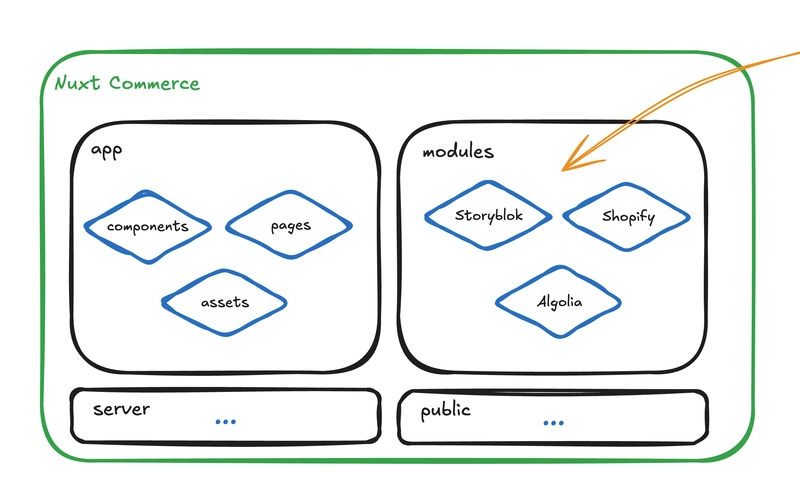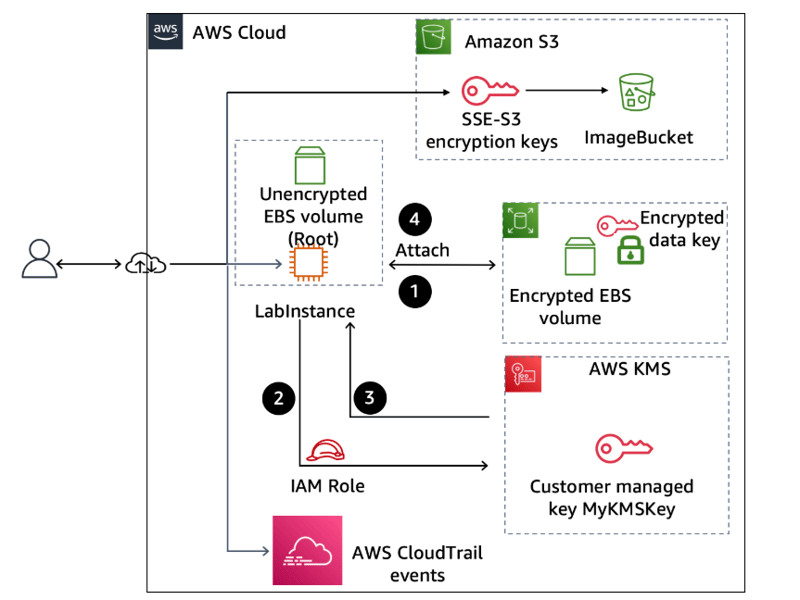Java Unveiled: Efficiency, Security & The Magic of Object-Oriented Programming.
Java: Efficiency, Security, and the Magic of Object-Oriented Programming Java is one of the most powerful and widely used programming languages, known for its efficiency, security, and flexibility. However, many beginners wonder: If Java has extra steps compared to C or C++, how is it still efficient? How does Java ensure security while sharing bytecode? What makes Java’s architecture unique? Why do we use a space in public class HelloWorld but a dot in System.out.println()? What’s the real-world story behind Object-Oriented Programming (OOP) concepts? In this blog, we’ll uncover the answers to these questions and explore Java in an engaging and simple way! How is Java Efficient Despite Extra Processing? A common doubt is: "If C or C++ directly compiles code into binary and takes 1 ms, but Java first compiles to bytecode and then converts it to binary, taking 2 ms, how can Java still be considered efficient?" Java’s Secret to Efficiency ✔ JIT (Just-In-Time) Compilation – The JIT compiler converts frequently used bytecode into machine code only once, improving speed for future executions. ✔ Optimized Memory Management – Java uses automatic garbage collection to free up unused memory, preventing slowdowns due to memory leaks. ✔ Platform Independence Saves Time – C or C++ requires recompilation for different platforms, but Java’s "Write Once, Run Anywhere" approach eliminates this need.

Java: Efficiency, Security, and the Magic of Object-Oriented Programming
Java is one of the most powerful and widely used programming languages, known for its efficiency, security, and flexibility. However, many beginners wonder:
- If Java has extra steps compared to C or C++, how is it still efficient?
- How does Java ensure security while sharing bytecode?
- What makes Java’s architecture unique?
- Why do we use a space in
public class HelloWorldbut a dot inSystem.out.println()? - What’s the real-world story behind Object-Oriented Programming (OOP) concepts?
In this blog, we’ll uncover the answers to these questions and explore Java in an engaging and simple way!
How is Java Efficient Despite Extra Processing?
A common doubt is:
"If C or C++ directly compiles code into binary and takes 1 ms, but Java first compiles to bytecode and then converts it to binary, taking 2 ms, how can Java still be considered efficient?"
Java’s Secret to Efficiency
✔ JIT (Just-In-Time) Compilation – The JIT compiler converts frequently used bytecode into machine code only once, improving speed for future executions.
✔ Optimized Memory Management – Java uses automatic garbage collection to free up unused memory, preventing slowdowns due to memory leaks.
✔ Platform Independence Saves Time – C or C++ requires recompilation for different platforms, but Java’s "Write Once, Run Anywhere" approach eliminates this need.









































































































































































![[The AI Show Episode 142]: ChatGPT’s New Image Generator, Studio Ghibli Craze and Backlash, Gemini 2.5, OpenAI Academy, 4o Updates, Vibe Marketing & xAI Acquires X](https://www.marketingaiinstitute.com/hubfs/ep%20142%20cover.png)































































































































![[DEALS] The Premium Learn to Code Certification Bundle (97% off) & Other Deals Up To 98% Off – Offers End Soon!](https://www.javacodegeeks.com/wp-content/uploads/2012/12/jcg-logo.jpg)

![From drop-out to software architect with Jason Lengstorf [Podcast #167]](https://cdn.hashnode.com/res/hashnode/image/upload/v1743796461357/f3d19cd7-e6f5-4d7c-8bfc-eb974bc8da68.png?#)








































































































.png?#)


































_Christophe_Coat_Alamy.jpg?#)



.webp?#)






































































































![Apple Considers Delaying Smart Home Hub Until 2026 [Gurman]](https://www.iclarified.com/images/news/96946/96946/96946-640.jpg)
![iPhone 17 Pro Won't Feature Two-Toned Back [Gurman]](https://www.iclarified.com/images/news/96944/96944/96944-640.jpg)
![Tariffs Threaten Apple's $999 iPhone Price Point in the U.S. [Gurman]](https://www.iclarified.com/images/news/96943/96943/96943-640.jpg)

































































































































